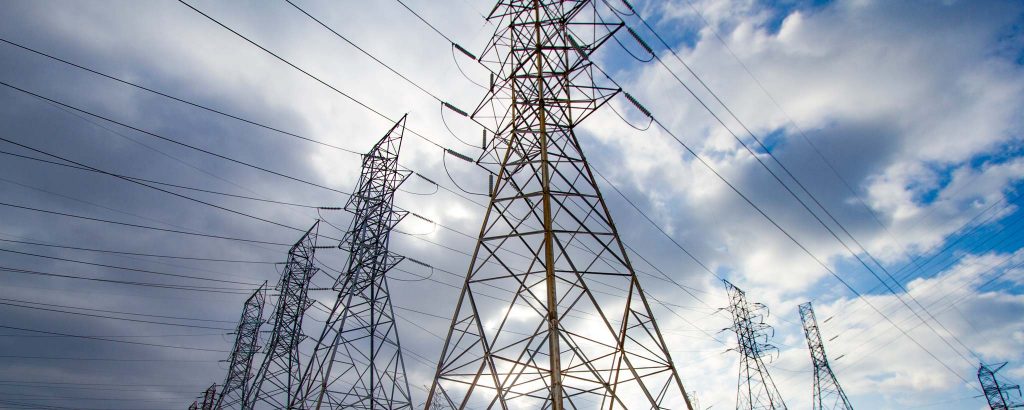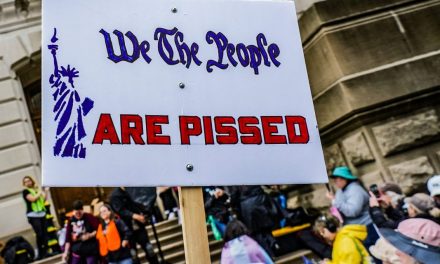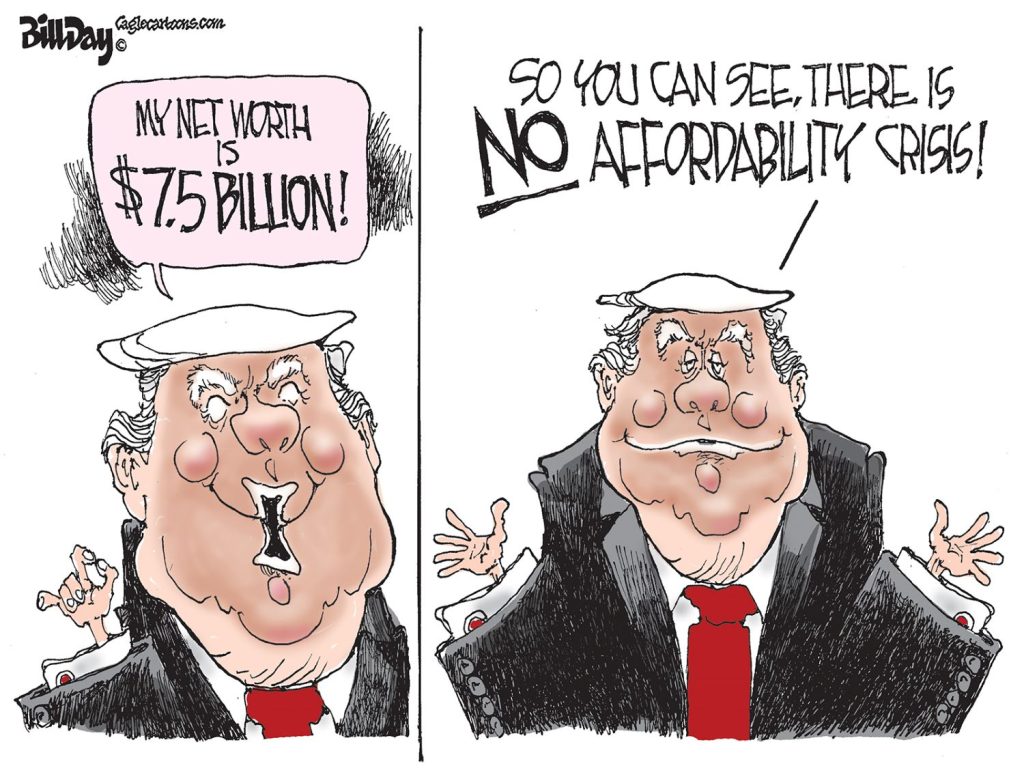And then there were four.
We’re talking about the latest study showing yet again that divorcing the Tennessee Valley Authority would save Memphis and Shelby County consumers hundreds of millions of dollars – a year.
This report was issued by the highly respected Brattle Group and commissioned by Friends of the Earth, the advocacy group for environmental, social justice, and progressive issues with an office in Memphis headed by Eric Brown. The study’s conclusion was more validation for the three previous studies – by ICF, ACES, and GDS – which set the savings from a non-TVA source at around $400 million, which would pump valuable disposable income for so many Memphians that need it.
That’s the good news, but the really good news is that MLGW President J.T. Young appears to be shaking off the MLGW’s longtime Stockholm Syndrome that we described in our earlier post and is planning to initiate discussions about an alternative to TVA.
Savings
All reports identified MISO (Midcontinent Independent System Operator) as a less expensive source of electricity. MISO is the 18-year-old nonprofit organization that combines transmission facilities of several transmission owners into a single system that moves energy over long distances at a lower price than the combined charges of each utility.
Put more directly, it means that the people across the Mississippi River from Memphis are paying dramatically less than Memphians pay for electricity. The options in the Brattle report set the savings of breaking from TVA between $240-333 million a year with its emphasis on more sustainable energy sources.
“The current contract between the Tennessee Valley Authority and Memphis Light, Gas & Water, Memphis’ municipal utility and TVA’s largest retail customer, provides that Memphis can end its contract by giving TVA five years notice,” the report said. “Given the rapid and profound transformation of the electric power (and indeed the broader energy) industry, driven primarily by technological progress, changing consumer preferences and policy imperatives such as those related to the risks associated with climate change, this option creates a unique opportunity for the city of Memphis and its citizens to evaluate whether alternative power supply options could be more attractive than a continued contract with the TVA in the sense of being more affordable, more sustainable, and/or less risky, while continuing to provide high levels of reliability.”
Better Options
The study evaluated power a number of supply options for 2024 and for 2050:
“We examined whether Memphis could obtain a portfolio of power supply that reduces the cost of electricity supply to Memphis relative to current (and potential future) TVA resources, and maximizes immediate opportunities to use renewal energy while setting the city onto a path toward potentially (near) 100% renewal power supply by 2050.
“Using a detailed power system model to simulate the Memphis power supply, we find that several local supply resource portfolios combining natural gas and renewable energy, potentially with some imports of renewable energy over existing transmission from the West, would likely provide Memphis with reliable power supplies at a power supply cost substantially below current and projected TVA rates for 2024 and at emissions below those associated with the current and likely also TVA’s projected future resource mix…
“Our analysis indicates that by 2024, a local mix of gas-fired generation, solar PV, batter storage, energy efficiency, and demand response would result in wholesale power supply costs substantially below the current TVA rate. Even adding more renewables, both in Memphis and outside, but delivered over the assumed to be limited transmission connecting Memphis to MISO would likely still lead to substantially lower wholesale power supply costs compared to the costs incurred under the TVA’s current Memphis rate.”
Convincing Benefits
According to the Brattle report, benefits to Memphis would be:
* Access to lower cost electricity.
* A choice to use its electricity supply to foster local economic development.
* The opportunity to take advantage of the very large and ongoing reductions in the cost of various new and renewable technologies.
* The ability to guide the city on a path towards a sustainable energy future.
All of these reports are nothing less than a mandate for action, and we’re encouraged that MLGW President Young seems to be shaking off the blind fealty to TVA that has characterized it for decades and which left its Memphis and Shelby County customers feeling like hostages. Since 1939, Memphis has bought its electricity from TVA, and somewhere along the way, it shifted from being a customer to its servant.
Welcome News
Mr. Young announced that he will be meeting with MISO and also exploring other alternatives to TVA. He even laid out a potential process that could result in bids for service. It is telling that former MLGW president Herman Morris and former TVA board chairman David Freeman agree that the time is right to consider a move away from TVA.
As MLGW considers a future without TVA, it could act on the mantra of Friends of our Earth: Being a Bold and Fearless Voice, Fight for Systemic Transformation, and Organize and Build Long-Term Power.
Neither TVA nor MISO has any bragging rights regarding renewal energy. MISO has launched a multi-year study of how to increase the amounts of solar and other renewable energy can be harnessed in future years.
It’s a troubling time for the renewable energy movement with President Trump’s Energy Secretary Rick Perry – indebted as a Texas politician to the oil industry and representing an administration pushing coal – has said renewable energy could threaten “national security.” That, coupled with the mythology pushed by various agencies of the Trump Administration about coal, oil, and climate change, creates an inhospitable environment in which the work of organizations like Friends of the Earth and the Sierra Club is even more important.
TVA is clearly taking notice. Its hometown newspaper, the Chattanooga Times Free Press, has fired a warning shot with the headline: “Memphis Light Gas & Electric (sic) studies leaving TVA, eyes energy options.”
Sooner Rather Than Later
In the article, TVA brought up a favorite talking point about how much money it spends on economic development in its customers’ communities; however, there have always been questions here about whether Memphis gets a proportional investment commensurate to our role as TVA’s biggest customer. More to the point, if Memphis could reduce its electricity costs by $400 million a year, what are the possibilities if could set aside $100 million of the savings for economic development?
Imagine what could be done with that much money spent on Memphis neighborhoods or on quality of life investments or a park improvement plan. It could be an offsetting amount to the taxes waived over a decade by PILOTs and be a transformative boost to Memphis’ momentum.
In the article, Mr. Freeman is quoted: “MLGW customers deserve to know their options for cheaper bills and cleaner energy. City officials and MLGW officials need to begin the conversation now so the required five-year TVA notice process can begin sooner rather than later.”
We agree. Sooner rather than later.
***
Join us at the Smart City Memphis Facebook page for daily articles, reports, and commentaries that are relevant to Memphis.






Thanks, Tom. The Sierra Club believes it is time to explore our options in Memphis and across the state of Tennessee. In particular, getting out from under our 100% requirements contract with TVA would allow MLGW to make direct, cost saving investments in solar energy or contract with private companies eager to provide it to us locally without going through the TVA middleman.
Yes, I want to second the ‘thank you.” I have been a life long fan of public power — always worried about the problems of monopoly power in the energy supply business. Consequently, when TVA did something wrong, I always gave them a pass. You have almost convinced me that a friendly divorce may be in the best interests of Memphis.
Is MISO a real non-profit or a ‘front’ operating company for the big energy companies?
HELLO There is nothing to write about myself at all.
Feels good to be a member of %targetdomain%.
I really wish I am useful at all
urgence dent
TVA has some of the most competitive rates in the country and region with a reliability score that is almost untouchable. What do you know about Paducah, KY’s power company “divorce”? Also, TVA’s investments (incentive $$$) in economic development projects is to be applauded as well. Not sure this is the best path forward.
But, and it’s a big but, its rates aren’t competitive with the ones being paid just cross the Mississippi River. And we’ve always wondered since we are TVA’s largest customer if the amount of economic development incentives/investments made here are proportional to our position. If you know, we’d love to have that information. We wish we could be assured that through our payments to TVA we are not simply subsidizing economic development in other places.
What is Entergy telling Memphis? and, why? Incentives are paid when there are projects to incentivize…not sure I follow your question. Are you saying our ED projects, no matter the capital investment, should receive larger TVA incentives because of Memphis and MLG&W?
Yes, that is what I’m asking. We are not talking about Enterguy but MISO.
That was a test to see how on top of your game you really are…Entergy has been part of MISO for several years. Just having some fun with the gurus at SCM. 😉 I guess a better question would be how much money has TVA invested in infrastructure, that directly benefits the Memphis market, in the last 2-3 years? a). $725,000,000 b). $250,000,000 c). $2,300,000,000 d). $46.34? I digress….interesting conversation. Peace.
Yep, and Entergy reports that it’s saved ratepayers hundreds of millions of dollars. Wish we could get part of that. I’m not interested in how much TVA invested in infrastructure if it’s electrical infrastructure. We’re interested in how much it has spent on infrastructure that wasn’t required for its business model and that was purely for Memphis’ economic benefit, not its own.